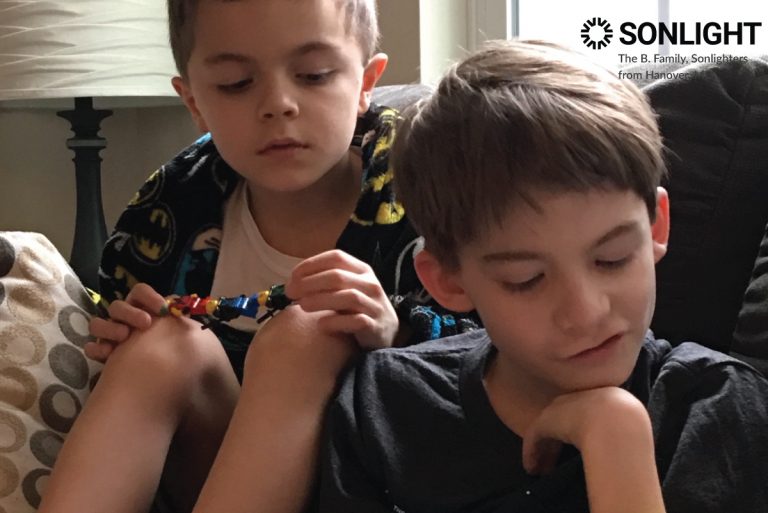

Mother on the cover, who was breast-fed until she was six, told the Today Show, “I had so much self-confidence as a child, and I know it’s from that.” As yet another volley in the Mommy Wars, the relatedĪrticle advocated “attachment parenting,” a kind of early-stage sensitivity training geared at confidence building. This would seem to contradict the conventional wisdom depicted by that recent TIME magazine cover showing a four-year-old suckling at his mother’s breast. These educators are trying to engineer “grit,” a measure of resilience and an unusually accurate predictor of success,

Some innovators in the American school system have begun to emphasize “character education,” a holistic approach to growth that tracks curiosity, perseverance, optimism and other qualities aside from anĪbility to do well on tests. Rather like the germs that help build immune systems, autonomy in child rearing can develop resourcefulness. It can widen what psychologists call the “window of tolerance”įor adversity and improve one’s adaptive imagination. Psychological or biological consequences of this just yet, but they suspect that children who experience high levels of stress are more likely to develop alcoholism, heart disease and psychological problems later in life.Īt the same time, the pressure to “just do it,” which is unusually present in resource-constrained settings, brings real benefits. Researchers haven’t teased out the socioeconomic,

Though it’s tough to generalize, the comparatively laissez-faire attitude of African parents seems to produce admirable resilience among African youth. are a classic morning sight across the continent. Streams of children walking, unattended, several kilometers to and from school - with the older ones minding the younger ones at times Girls and boys routinely help with taxing housework and fieldwork. Guillaume Bonn for The New York Times A woman and her grandchild on a farm in Kenya.īy dint of busy adults or a pressing need to earn money, children here in Kenya and in other African countries are endowed with a lot more freedom and responsibility than their counterparts in wealthier regions of the And these two precocious boys, who overcame significant adversities to do incredible things, are not exactly exceptional. Oprah-watchers will be familiar with the story of William Kamkwamba, the Malawian boy who “harnessed the wind” by building a windmill from junkyard scraps to power his family’s farm. Richard was made responsible for his family’s herd - and primary source of income - at the age of 9. The kicker? Richard is 13 years old, and he invented the device at 11, on his own. So effectively mimicked a human with a flashlight that it was being used by several neighboring households. His story electrified the audience: using LED lights, an old battery and motorcycle parts, he’d created a lighting array to protect his family’s cattle from lions prowling on the outskirts of Nairobi. NAIROBI - Earlier this month, I met Richard Turere at a TED talk in Nairobi, Kenya. Factoes indicated as influencing policy in the UK will be considered before conclusions are drawn.This WildlifeDirect video about protecting lions in Kenya starts at the 2:01 point with a section about the lighting array created by Richard Turere, a Kenyan boy who made the device when he was 11 years old. The limitations on the exercise of the defence which had occurred to date will be considered before an analysis of the mounting national and international pressure. Although England is the principal focus of this article, comparisons with other jursidictions (primarily in the UK) facilitate a critical appraisal of the salient laws. Factoes indicated as influencing policy in the UK will be considered before conclusions are drawn.ĪB - This article will review the law in the area, analysing the impact of European and International jurisprudence thereon. N2 - This article will review the law in the area, analysing the impact of European and International jurisprudence thereon. T1 - "Hands-off parenting"? Towards a reform of the defence of reasonable chastisement in the UK


 0 kommentar(er)
0 kommentar(er)
